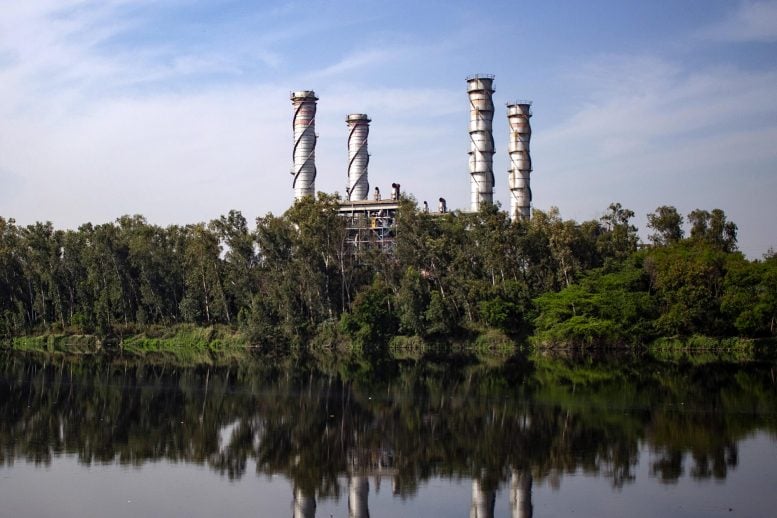
Green infrastructure (trees and hedges) can redirect and weaken pollutant plumes or lower outdoor levels of pollutants by trapping them on plant surfaces.
A study from the University of Surrey has provided a comprehensive guide on which tree species are best for combatting air pollution that originates from our roads — along with suggestions for how to plant these green barriers to get the best results.
In a paper published today (March 26, 2020) in npj Climate and Atmospheric Science, air pollution experts from Surrey’s Global Centre for Clean Air Research (GCARE) conducted a wide-ranging literature review of research on the effects of green infrastructure (trees and hedges) on air pollution. The review found that there is ample evidence of green infrastructure’s ability to divert and dilute pollutant plumes or reduce outdoor concentrations of pollutants by direct capture, where some pollutants are deposited on plant surfaces.
As part of their critical review, the authors identified a gap in information to help people — including urban planners, landscape architects, and garden designers — make informed decisions on which species of vegetation to use and, crucially, what factors to consider when designing a green barrier.
To address this knowledge gap, they identified 12 influential traits for 61 tree species that make them potentially effective barriers against pollution. Beneficial plant properties include small leaf size, high foliage density, long in-leaf periods (e.g. evergreen or semi-evergreen), and micro-characteristics such as leaf hairiness. Generally detrimental aspects of plants for air quality include wind pollination and biogenic volatile organic compound emissions. In the paper, the team emphasizes that the effectiveness of a plant is determined by its environmental context — whether, for example, it will be used in a deep (typical of a city commercial center) or shallow (typical of a residential road) street canyon or in an open road environment. To help concerned citizens with complex decisions, such as which tree is best for a road outside a school in a medium-sized street canyon, the team from Surrey has also developed a plant selection framework.
Professor Prashant Kumar, Founding Director of GCARE at the University of Surrey, said: “We are all waking up to the fact that air pollution and its impact on human health and the health of our planet is the defining issue of our time. Air pollution is responsible for one in every nine deaths each year and this could be intensified by projected population growth.
“The use of green infrastructure as physical barriers between ourselves and pollutants originating from our roads is one promising way we can protect ourselves from the devastating impact of air pollution. We hope that our detailed guide to vegetation species selection and our contextual advice on how to plant and use green infrastructure is helpful to everyone looking to explore this option for combatting pollution.”
Reference: “Designing vegetation barriers for urban air pollution abatement: a practical review for appropriate plant species selection” by Yendle Barwise and Prashant Kumar, 26 March 2020, npj Climate and Atmospheric Science.
DOI: 10.1038/s41612-020-0115-3

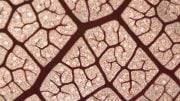

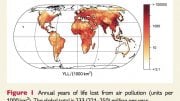

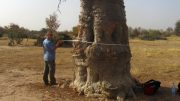

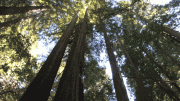
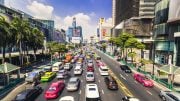
it is an interesting summary but a little bite old fashion way of vision .i do not like for instance to read so many times barrier nature is there to help us and we have as a role to help it and ourself . since ,finally a short time less than 100 years we are planting trees along the roads at first it was for confort of the journey , to show the road and give shadow for horses and passengers then pollution arrived first from trees but humans too speed and over speed and death in crash because of trees barrier . i can continue for long but what i think is that human and nature had produce beautifull things science can help withe commun sens no one ca do all alone .For a child and a good education good parents ,good teacher good children .
You know your search any history are automatic saved in edge web browser,so today here and learn the more about for this issue delete all browsing history bing bing are one of the most famous using searching application.
This artìcal seems to totale centralit the goverment psper ftom 2017 or 18 as well as the work US FORESTRY that says remediation is only improved by 1 % by trees
Chris h